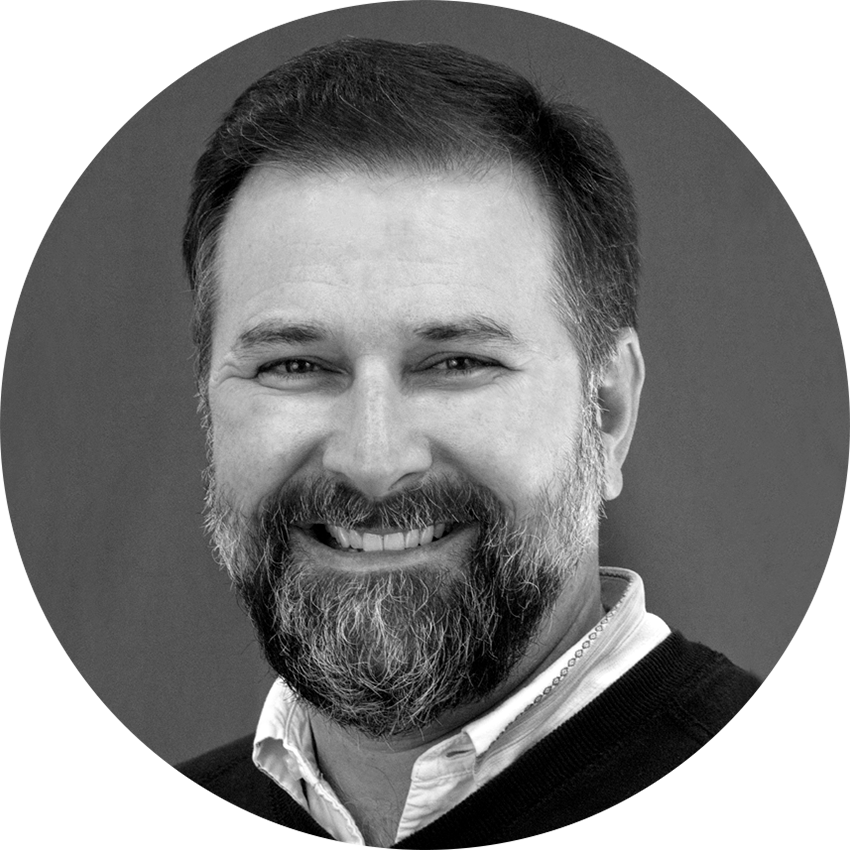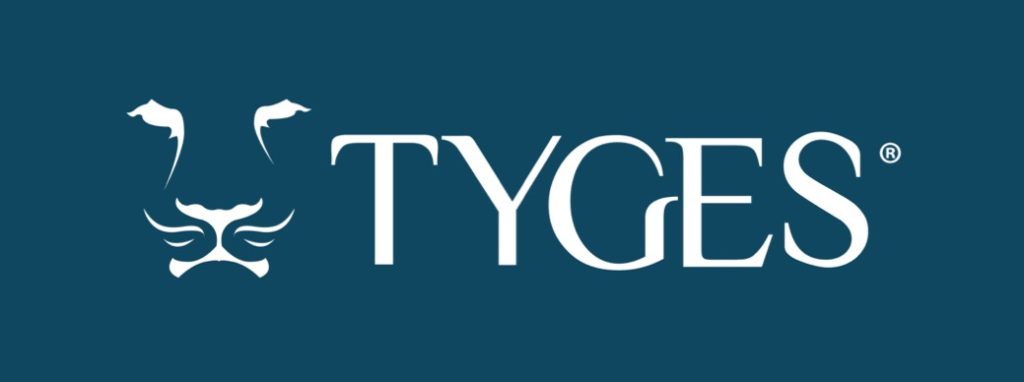I find myself scratching my head at times when it comes to the pace and process of interviews and hiring.
Imagine for a minute that you are gainfully employed in a job that you enjoy, and working for a pretty good employer. Of course, things could always be better but you aren’t planning to make a job change anytime soon and you certainly don’t have your resume pasted all over the internet.
Now further imagine that you get a call from me. I tell you about an opening that fits your knowledge, skills & experience really well. It’s a local position and the employer looks like a pretty good place to work with good future prospects for growth and advancement. Maybe it’s a step up in terms of scope of responsibility, title, or compensation. I send you details and you do some due diligence and things look promising. You discuss it with your spouse and agree that this is worth pursuing a little further. So you give me the green light and we put your credentials in front of the potential employer.

At this point, if I asked you what your interest level is on a scale of 1 to 5 with 5 being strongest you would say maybe a 3 or 4 out of 5. There are a lot of questions yet to be answered but you are excited to explore this further.
There are two scenarios here that I see every day as I work with clients and individuals we recruit.
Scenario 1 – The client provides timely feedback, schedules an initial interview and we begin the process. You have a good first interview and tell me you are a 4 out of 5 in terms of interest. We receive timely, positive feedback from the client and schedule you for a 2nd meeting. Post-interview you tell me that you are a 5 out of 5 in terms of interest. The client gets back to us quickly and says they want to extend an offer.
Scenario 2 — The client does not provide timely feedback and drags their feet on scheduling an initial interview. A week or more goes by and we finally get something set up. You have a good first interview and tell me you are a 4 out of 5 in terms of interest. The client continues to be difficult to reach and does not provide much if any feedback. Eventually, after a week or more we agree to a 2nd meeting. Post-interview you tell me that you are a 5 out of 5 in terms of interest. The client gets back to us after a week or more and says they want to extend an offer.

Keep in mind that you have a good job, aren’t actively looking, and were contacted by me with the idea that this would be a career-enhancing move. Do you think the pace of the interview process, timeliness of feedback, and overall responsiveness of the client will influence your decision to make the job change? Of course, it will. There has to be some lingering doubt as to why this potential new employer is so slow to respond and make decisions. That implies more risk for you in terms of job change and increased risk must be offset by the prospect of increased reward.
I don’t know how the two stories end but I can say I see both of these in my daily work and I think a lot about how easy it would be to slide from one Scenario to the other. I do my best to mitigate these types of issues as a recruiter but there is only so much I can do. The takeaway here is that the hiring process matters. The pacing, process, and overall structure are important. Before you set out to hire you should have a good plan. If passive candidates don’t feel the warm fuzzy during the process there’s a good chance you will lose them.

Written by: Steve Saunders, VP/GM of Industrial
Steve Sanders leads the Industrial Recruitment team at TYGES and has
been with the organization since 2003. Prior to joining TYGES, Steve
worked in engineering and supply chain roles with Honeywell International
Inc. and Deere & Co. He has first-hand experience working in the
automotive, chemical, and off-highway equipment manufacturing industries.
Steve’s philosophy is simple. He demands honesty, integrity, and open
communications from both himself, his clients, and the candidates that he
works with. He strives to be a source of competitive advantage to his clients
and seeks to build strategic partnerships. He is committed to exceeding
customers’ expectations by providing quick, professional service. He
believes in sharing both the good and the not so good. He believes in doing
the right thing, even when it is not the easiest path. Steve is energized by
finding that perfect fit individual and introducing them to the client.

“We’re here to make good things happen for other people.“


